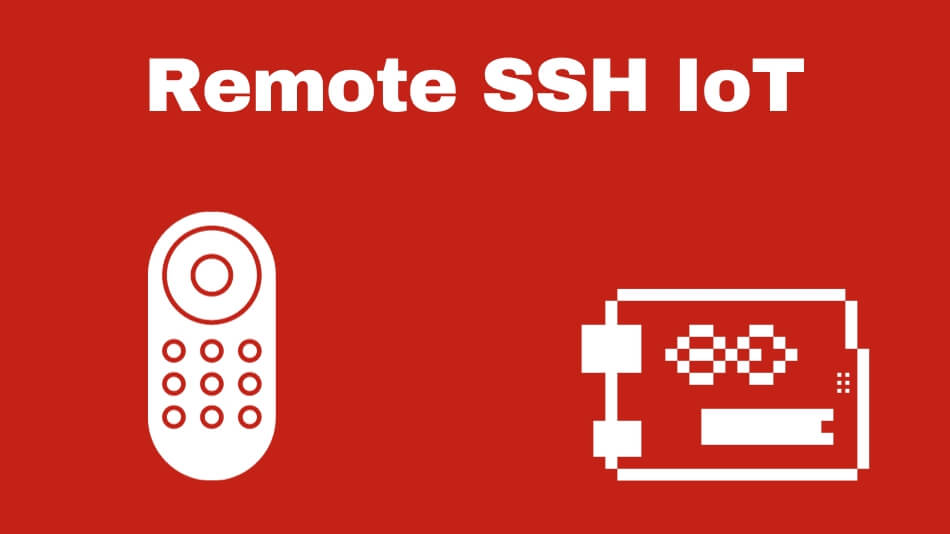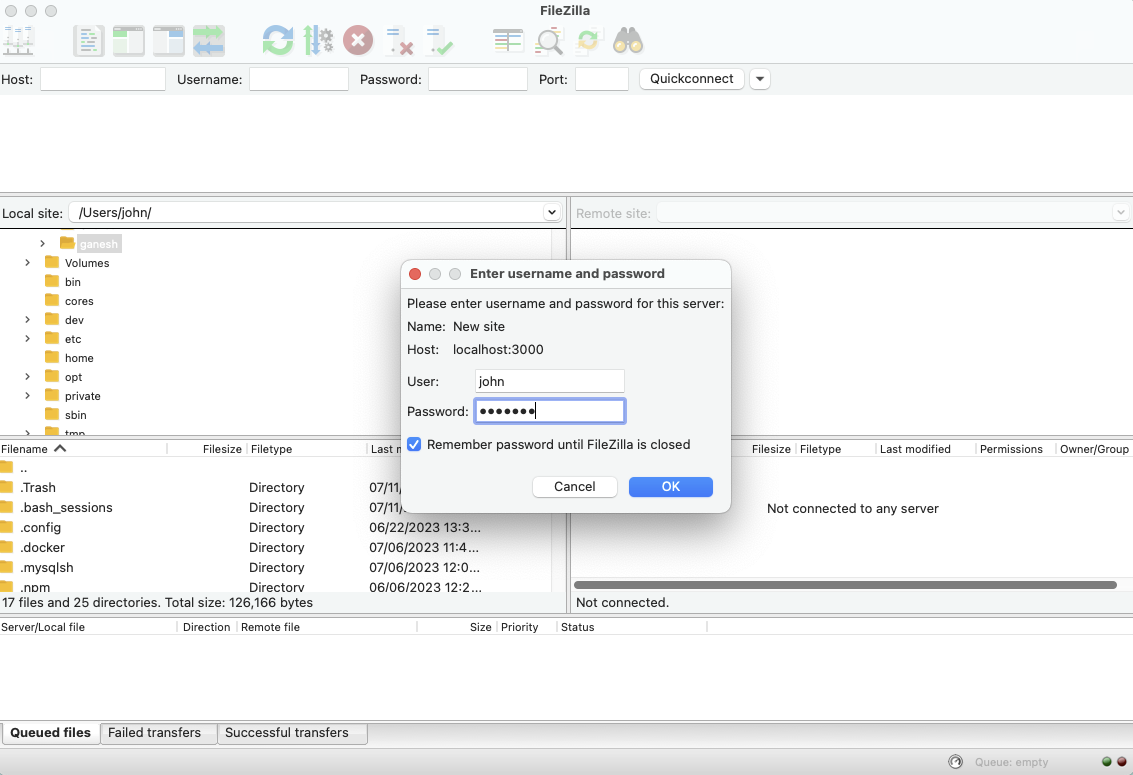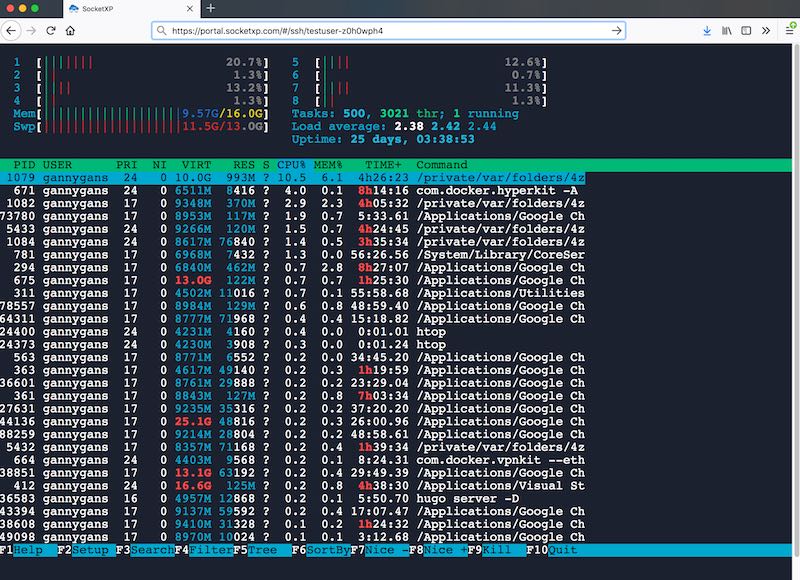Unlocking The Power Of Remote SSH IoT For Free: Your Ultimate Guide
Have you ever wondered how to connect to your IoT devices remotely without breaking the bank? Well, let me tell ya, remote SSH IoT perform free is not just a buzzword anymore. It's a game-changer for hobbyists, tech enthusiasts, and even professionals. Imagine controlling your smart home devices from anywhere in the world using just your smartphone or laptop. Sounds cool, right? Let me walk you through the ins and outs of making this happen without spending a dime.
Nowadays, IoT (Internet of Things) has become a household term. From smart thermostats to security cameras, these devices are transforming the way we live. But what happens when you want to access them remotely? That's where remote SSH comes into play. It's like having a superpower that lets you interact with your devices as if you're right next to them.
Don't worry if you're new to this concept. We'll break it down step by step, making sure you're not left scratching your head. By the end of this article, you'll have the knowledge and tools to set up your own remote SSH IoT system for free. So, grab a cup of coffee, and let's dive in!
- Mila Ruby Onlyfans The Ultimate Guide Youve Been Searching For
- Erome Sophie Rain The Rising Star Redefining Digital Content
Understanding Remote SSH IoT: The Basics
Before we jump into the nitty-gritty, let's get a grasp on what remote SSH IoT actually means. SSH stands for Secure Shell, which is a protocol used to securely connect to remote devices. When combined with IoT, it allows you to control and manage your smart devices from afar. Think of it as a digital handshake between you and your gadgets.
Why Choose Remote SSH for IoT?
There are plenty of reasons why remote SSH is the go-to solution for IoT enthusiasts. Here are a few:
- Security: SSH provides an encrypted connection, keeping your data safe from prying eyes.
- Reliability: Once set up, SSH connections tend to be stable and dependable.
- Cost-Effective: You can achieve all this without spending a fortune on fancy hardware or subscriptions.
And the best part? You can do all this for free! Who doesn't love saving some cash while staying tech-savvy?
- Mila Ruby Onlyfans The Untold Story You Need To Know
- Girlylana Onlyfans The Phenomenon You Need To Know About
Setting Up Remote SSH IoT for Free: Step-by-Step
Alright, let's get our hands dirty and set up a remote SSH IoT system that won't cost you a penny. Follow these steps, and you'll be good to go in no time.
Step 1: Preparing Your IoT Device
First things first, make sure your IoT device is ready for action. Whether it's a Raspberry Pi, ESP8266, or any other gadget, ensure it's properly configured and connected to your local network.
Step 2: Installing SSH on Your Device
Next, you'll need to install an SSH server on your IoT device. Most Linux-based systems come with SSH pre-installed, but if not, you can easily add it. For example, on a Raspberry Pi, you can enable SSH by running:
sudo raspi-config
Then navigate to the SSH option and enable it. Simple as that!
Step 3: Setting Up Port Forwarding
To access your device from outside your local network, you'll need to set up port forwarding on your router. This allows incoming connections to reach your IoT device. Check your router's manual for specific instructions, but generally, you'll need to forward port 22 (the default SSH port) to your device's local IP address.
Step 4: Using a Dynamic DNS Service
Since most home internet connections have dynamic IP addresses, it's a good idea to use a dynamic DNS (DDNS) service. This will give your router a static hostname that you can use to connect to your device. There are plenty of free DDNS providers out there, so take your pick!
Enhancing Security for Your Remote SSH IoT Setup
Security should always be a top priority, especially when dealing with remote connections. Here are some tips to keep your system safe:
- Change the default SSH port to something less obvious.
- Use strong, unique passwords or better yet, SSH keys for authentication.
- Enable two-factor authentication (2FA) if your SSH server supports it.
Remember, a secure system is a happy system. Don't skimp on these crucial steps!
Exploring Advanced Features of Remote SSH IoT
Once you've got the basics down, it's time to explore some advanced features that can take your remote SSH IoT setup to the next level.
Automating Tasks with SSH Scripts
With SSH, you can automate repetitive tasks by creating scripts that run on your IoT device. Whether it's monitoring sensor data or controlling actuators, automation can save you time and effort.
Integrating with Cloud Services
For even more functionality, consider integrating your SSH IoT setup with cloud services. Platforms like AWS IoT Core or Google Cloud IoT Core can provide additional tools and capabilities to enhance your projects.
Real-World Applications of Remote SSH IoT
So, what can you actually do with remote SSH IoT? The possibilities are endless! Here are a few examples:
- Remote monitoring of environmental conditions using sensors.
- Controlling smart home devices like lights, locks, and thermostats.
- Managing industrial equipment in remote locations.
These applications not only make life easier but can also lead to cost savings and increased efficiency.
Common Challenges and Solutions
Like any technology, remote SSH IoT isn't without its challenges. Here are some common issues and how to tackle them:
- Connection drops: Ensure a stable internet connection and consider using a wired connection if possible.
- Security breaches: Regularly update your device's firmware and software to patch vulnerabilities.
- Compatibility issues: Make sure all your devices and software are compatible before setting up.
Stay proactive, and these challenges will be a breeze to overcome!
Conclusion: Take Your Remote SSH IoT Journey to the Next Level
And there you have it, folks! A comprehensive guide to setting up remote SSH IoT for free. From understanding the basics to exploring advanced features, you're now equipped with the knowledge to take your IoT projects to new heights.
So, what are you waiting for? Grab your devices, follow the steps, and start tinkering. And don't forget to share your experiences in the comments below. Your journey might just inspire others to join the remote SSH IoT revolution!
Oh, and if you found this article helpful, be sure to check out our other content. We've got tons of tips and tricks to keep you on the cutting edge of technology. Happy hacking, and see you in the next one!
Table of Contents
- Understanding Remote SSH IoT: The Basics
- Setting Up Remote SSH IoT for Free: Step-by-Step
- Enhancing Security for Your Remote SSH IoT Setup
- Exploring Advanced Features of Remote SSH IoT
- Real-World Applications of Remote SSH IoT
- Common Challenges and Solutions
- Conclusion: Take Your Remote SSH IoT Journey to the Next Level
- Drew Gulliver Leaks The Untold Story Behind The Controversy
- Lara Rose Onlyfans The Ultimate Guide To Her Journey Content And Impact

Unlocking The Power Of Remote SSH IoT A Comprehensive Guide

IoT SSH Remote Access SocketXP Documentation

How to Remote Access IoT SSH over the